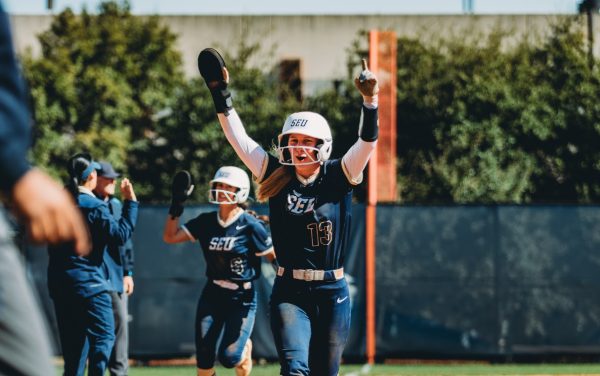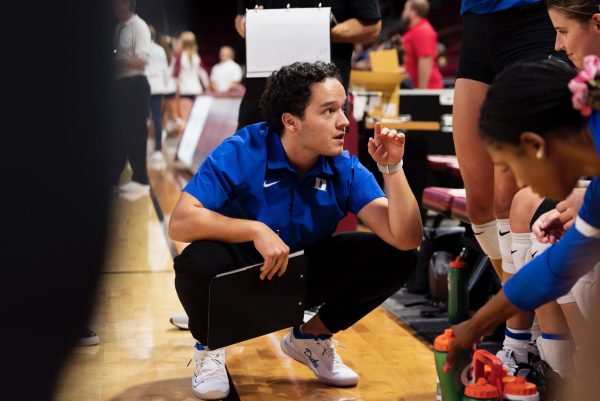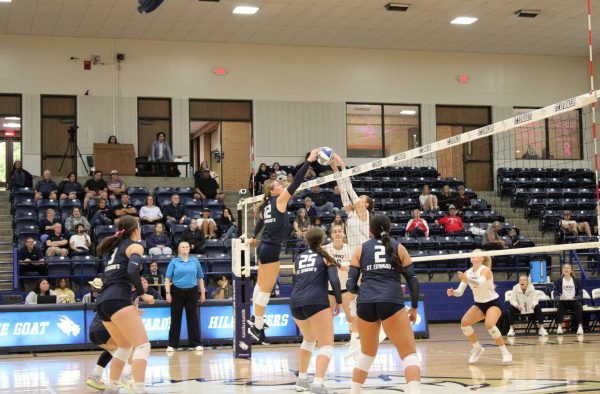Trevor Bauer’s paid administrative leave is extended by MLB once again
Trigger Warning: Domestic Violence, graphic details
Earlier this year Bauer signed a three-year $102 million contract with the Los Angeles Dodgers but by July 2 was on paid administrative. The 30-year-old pitcher faces a possible year-long suspension from Major League Baseball, due to an ongoing investigation from MLB and the Pasadena Police Department. Bauer was accused of sexual assault and intimate partner violence.
Bauer currently faces sexual assault allegations that took place on two different occasions but involve the same woman. Despite initiating sex with Bauer, the claims are described as non-consensual. The woman states that while she did seek out Bauer through private messages and consented to intercourse, she did not consent to be choked by her hair or punched. Allegedly, she woke up with bruises, scratches and swollen eyes and jaw.
With Bauer facing strong allegations, MLB placing him on leave, and majority of the Dodgers players not wanting him back, his career is in limbo. Nevertheless, his actions and MLB’s course of investigation bring to the surface the level of scrutiny that players and leagues receive due to the unjust practices they uphold. It wasn’t until 2015, when MLB instituted a domestic violence policy, that 14 players were suspended and five were placed on paid administrative leave.
Meanwhile other professional leagues, like the National Hockey League (NHL), have no domestic violence policy, and take each allegation case-by-case. Per the example of NHL player Slava Voynov, who was engaged in spousal domestic violence in 2014, and proceeded to have his six-year $25 million contract terminated. The termination was a result of pleading no contest to his misdemeanor charges and while no longer suspended he is prohibited from playing in the NHL.
The Slava Voynov case brings up an appropriate way of handling a similar situation: One that MLB might benefit from following.
If Bauer is convicted, this might have major effects on MLB’s employment process. Conviction may bring a critical eye to the investigation process MLB claims to make before offering employment to players. This is particularly interesting because Bauer’s past shows warning signs. Before his employment with MLB, Bauer had an aggressive online presence where he had harassed women and transgender people.
Not interested in another scandal and bad publicity, MLB might strive to take more precautions during their employment process as well as take into account prospective players’ risky behavior.
If MLB fails to make changes to their employment process, it will signify that they take no accountability for the sexual assault incident Bauer was involved in. Although not directly involved, MLB’s failure to hold Bauer accountable for his previous online actions reinforces the sports industry’s urge to put players’ careers ahead of significant, unacceptable issues.
Furthermore, MLB’s decision to employ Bauer despite knowing his past online presence highlights MLB’s lack of commitment to serious systemic issues. The attention, praise, and excitement professional athletes receive have the potential to be a breeding ground for bad decisions.
It appears that the MLB is more consumed with accomplishments rather than an athlete’s character. If true, it would violate the MLB’s main principle: sportsmanship. It raises the question of: Are sportsmanship and character still as important as MLB makes them out to be?
Lastly, failure to make appropriate employment adjustments could indicate the MLB is not taking as valiant social equality actions and progressive measures as they claim to be. While they may appear to be progressing with the 21st-century social justice movements, MLB might still be stuck in the values of the 20th-century sports industry.










